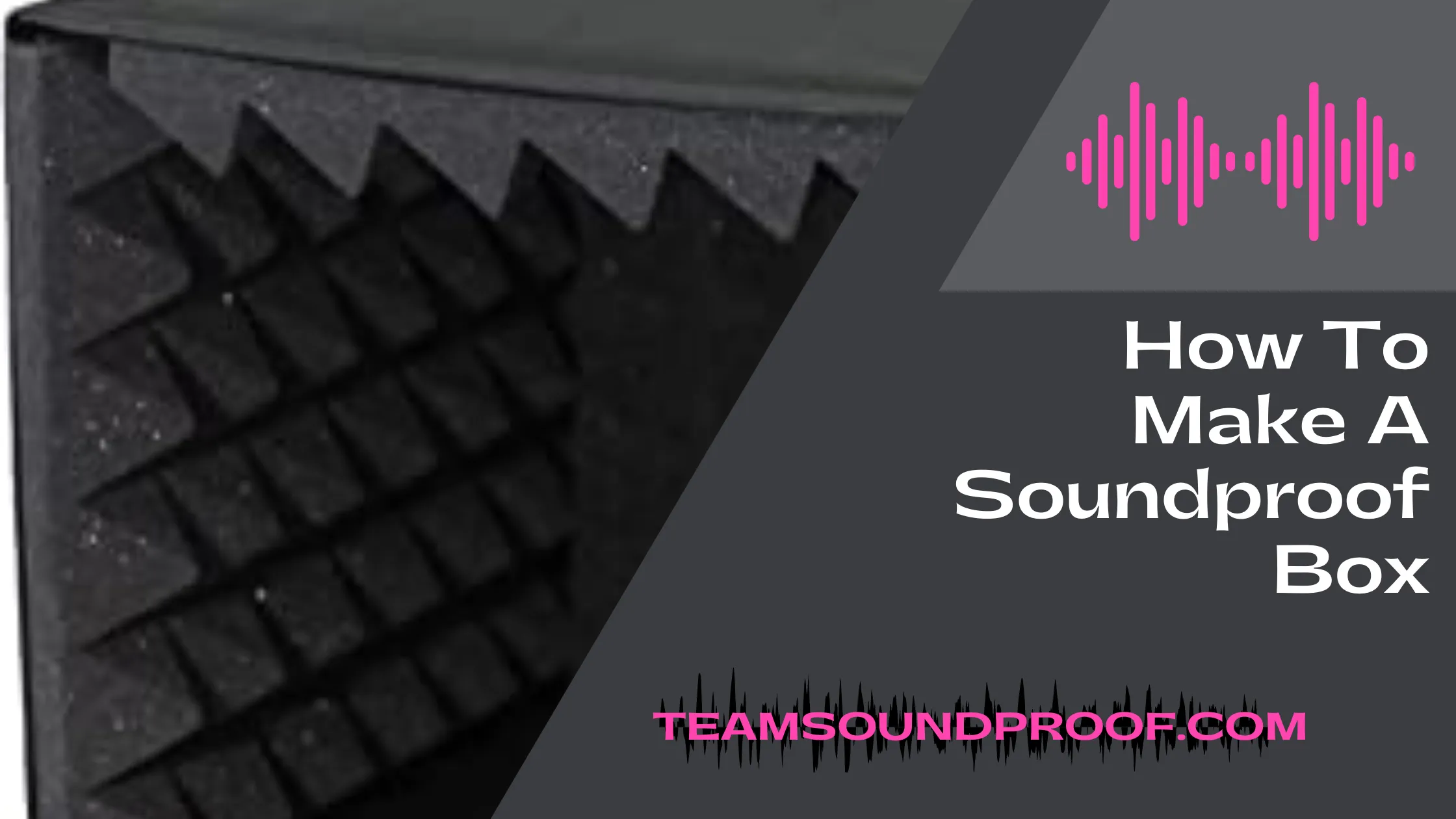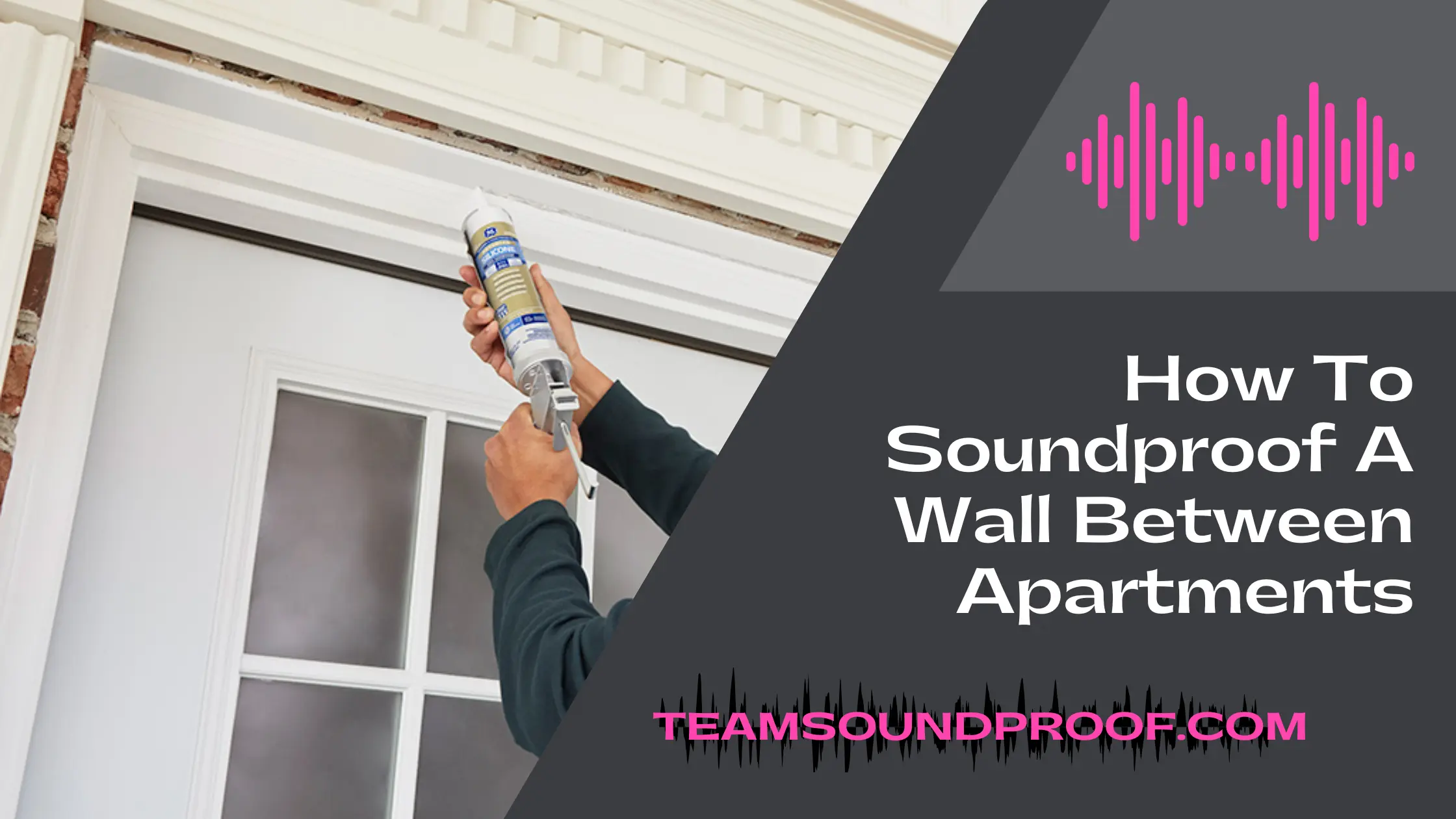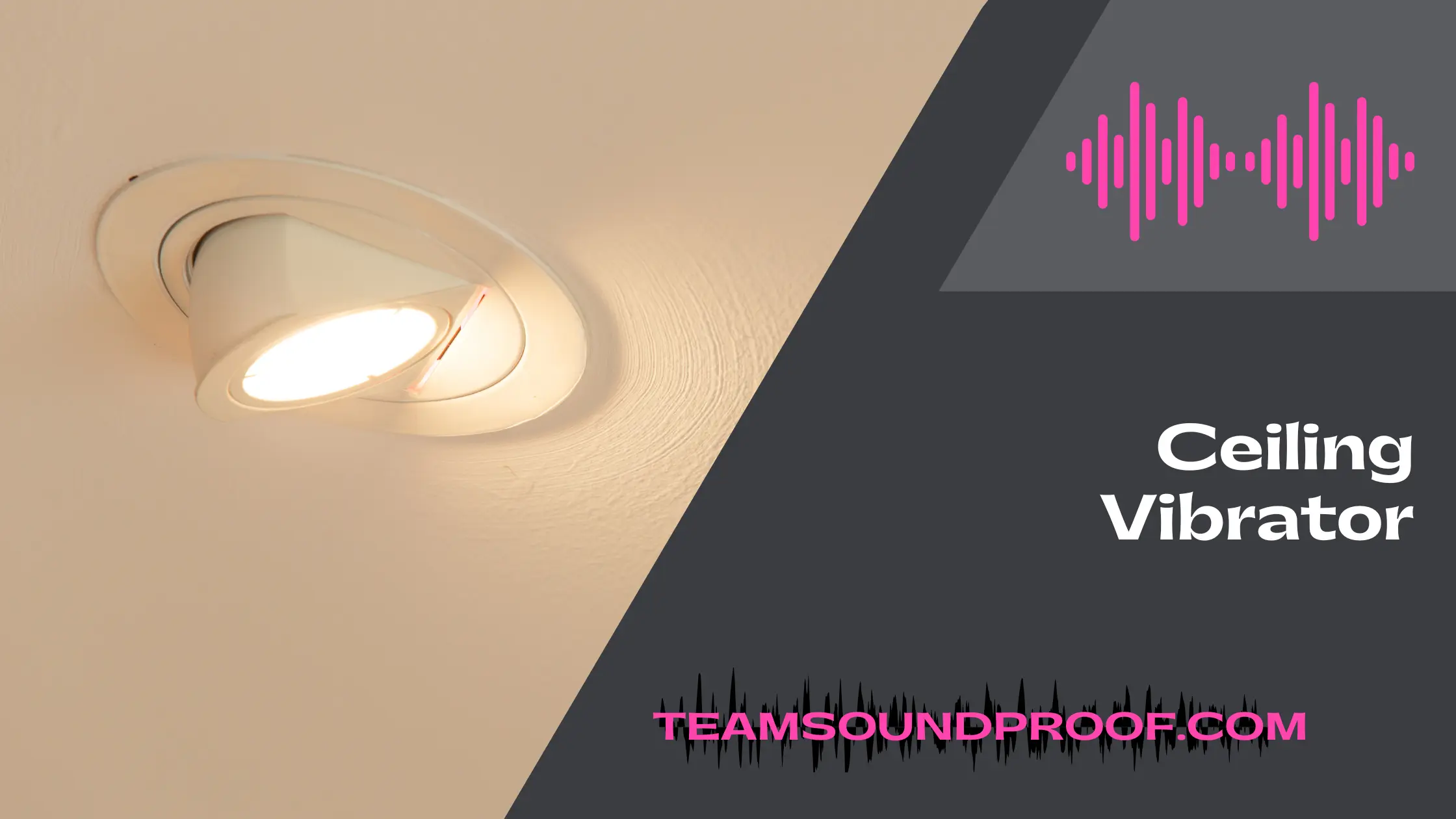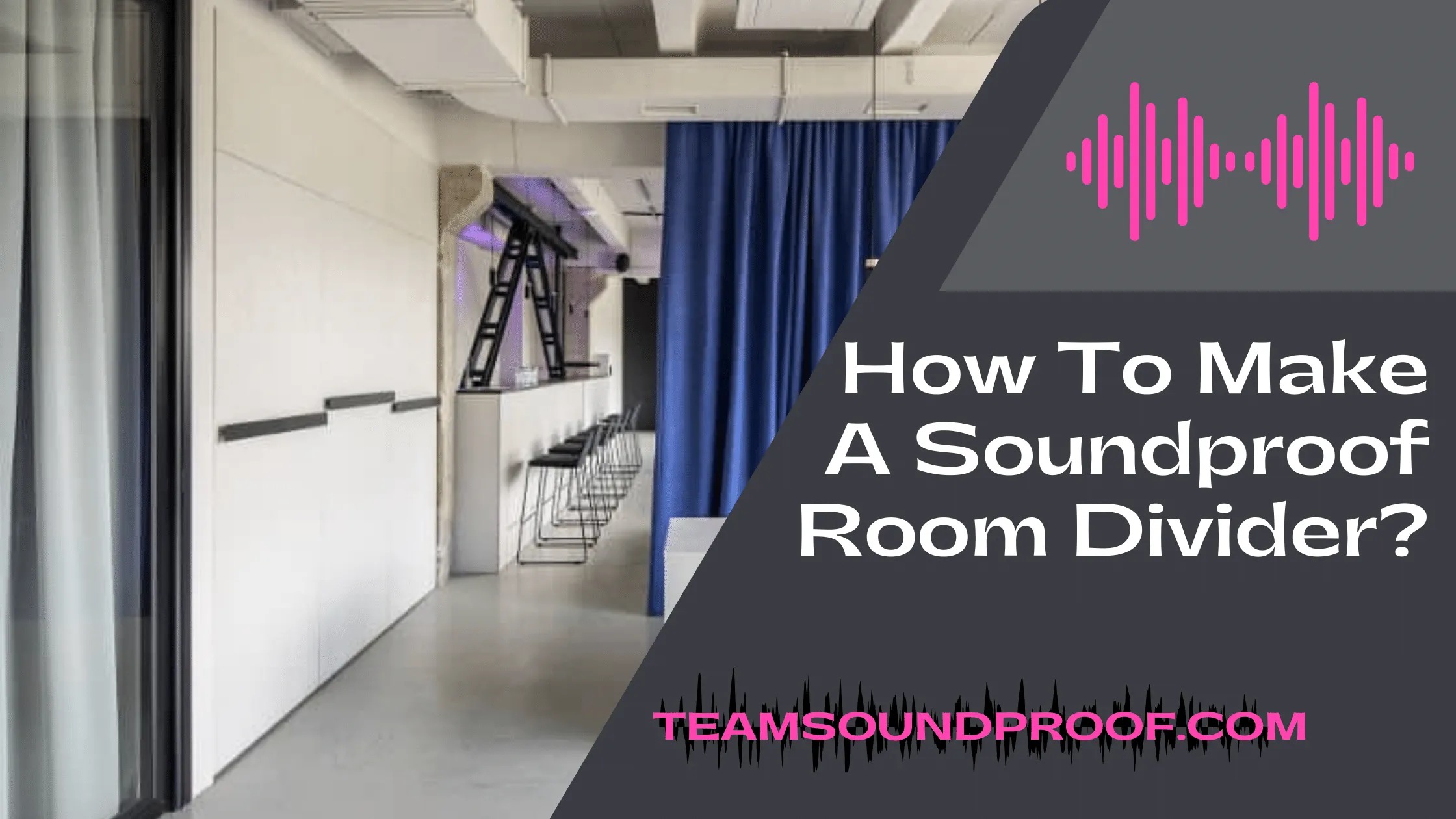In many homes, the basement is used as a storage area or for other activities that don’t require living space. While this can be convenient, it can also mean that the basement isn’t as well insulated as the main level of the house.
This could lead to problems with moisture and higher energy bills. If you’re considering insulating your basement ceiling, here are a few things to keep in mind. Keep reading to learn more about should you insulate basement ceiling and whether or not it’s right for your home.
Let’s Go Through The Pros & Cons Of Insulating Basement Ceiling:
There are several reasons why you might want to consider insulating your basement ceiling. If you’re considering insulating your basement ceiling, you’ve probably already realized the many benefits it can provide. Not only can insulation help to improve energy efficiency in your home, but it can also help to reduce noise and moisture levels.
Let’s Take A Closer Look At Each Of These Benefits In Turn:
- Energy efficiency: By insulating your basement ceiling, you can keep heat from escaping through the upper floors of your home. This can lead to significant energy savings over time, especially if you live in a colder climate.
- Noise reduction: Basement ceilings are often one of the biggest sources of noise pollution in a home. By insulating the ceiling, you can help to reduce the amount of noise that escapes into the upper floors of your home.
- Moisture reduction: Basements are often susceptible to moisture problems. By insulating the ceiling, you can help to reduce the amount of moisture that collects in the basement. This can lead to a healthier environment and can help to prevent mold and mildew growth.
Take A Look At Some Of The Potential Drawbacks:
- Cost: The cost of insulating your basement ceiling can vary depending on the type of insulation you choose and the size of your basement. However, in general, insulation is an investment that will pay for itself over time in the form of energy savings.
- Difficulty: Depending on the type of insulation you choose, installing basement ceiling insulation can be a relatively easy do-it-yourself project. However, if you’re not comfortable working with insulation, you may want to hire a professional to install it for you.
- Disruption: Installing basement ceiling insulation can be disruptive, especially if you have a finished basement. You may need to move furniture and other items out of the way during the installation process.
Now that we’ve gone over some of the pros and cons of insulating your basement ceiling, you should have a better idea of whether or not it’s right for your home. If you decide to move forward with the project, be sure to choose a type of insulation that will best meet your needs and budget.
Can You Use Faced Insulation In The Basement Ceiling?
If you’re looking for insulation that can be used in a basement ceiling, faced insulation is a great option. The facing on the insulation prevents it from falling out and trickling down into the air, which is especially important if the insulation is made of fiberglass.
Not only is faced insulation a smart choice for your basement ceiling but it’s also recommended for ceilings in general. So if you’re looking for insulation that’s both effective and safe, faced insulation is the way to go.
Now that we’ve gone over some of the pros and cons of insulating your basement ceiling, you should have a better idea of whether or not it’s right for your home. If you decide to move forward with the project, be sure to choose a type of insulation that will best meet your needs and budget.
How Much Does It Cost To Insulate A Basement Ceiling?
The cost of insulating a basement ceiling can vary depending on the type of insulation you choose and the size of your basement. You must know about the types of insulation available in the market and their rates.
Types of Insulation:
There are two main types of insulation: fiberglass and cellulose.
- Fiberglass is the most popular type of insulation because it’s effective and relatively inexpensive.
- Cellulose is less expensive but it’s also not as effective as fiberglass. So if you’re looking for the most bang for your buck, fiberglass is the way to go.
Size of Basement:
The size of your basement will also affect the cost of insulation. The larger the basement, the more insulation you’ll need and the higher the cost will be. However, in general, insulating a basement ceiling is an investment that will pay for itself over time in the form of energy savings.
The cost to install insulation on a basement ceiling can range anywhere from $1.45 to $3.50 per square footage. So, for example, if your basement is 2,000 square feet, your cost can range anywhere from $2,900 to $7,000. You’ll find that spray foam insulation will typically cost a bit less than fiberglass insulation.
This is because the spray foam or blow-in insulation will be easier to install. On the other hand, installing fiberglass batts will be more laborious, particularly because it’s a ceiling instead of a wall.
Conclusion:
Should you insulate your basement ceiling? The answer is a qualified “yes.” Basement ceilings are often neglected when it comes to insulation, but they offer a lot of potential for improved energy efficiency in your home. If you have an unfinished basement, adding insulation to the ceiling is a relatively easy and affordable way to make it more comfortable and reduce your energy costs.
There are some cons to consider, moisture control can be more difficult with insulated ceilings, and there may be some initial disruption as you install the insulation, but overall, we think that insulating your basement ceiling is a good idea. Have you tried this yourself? What were your results? Let us know in the comments below.






